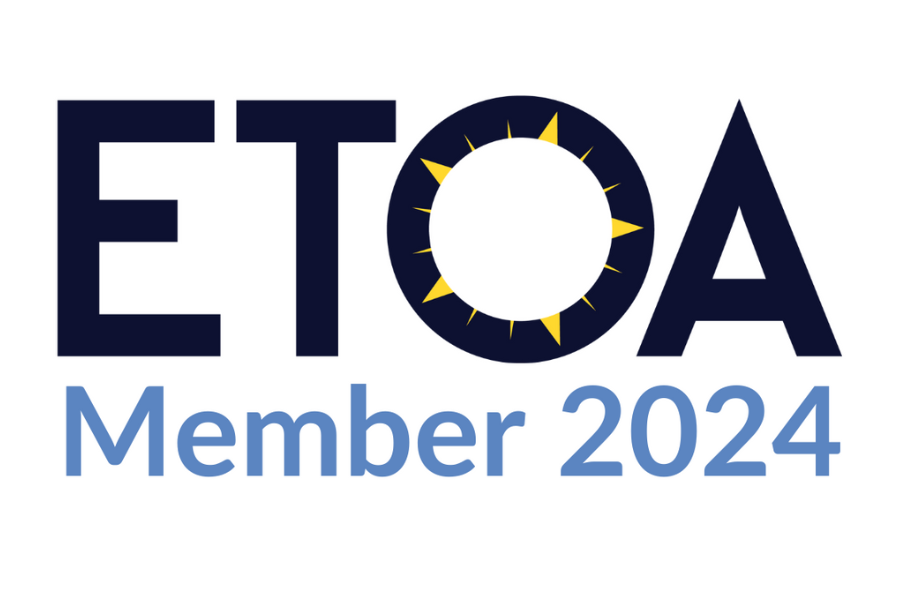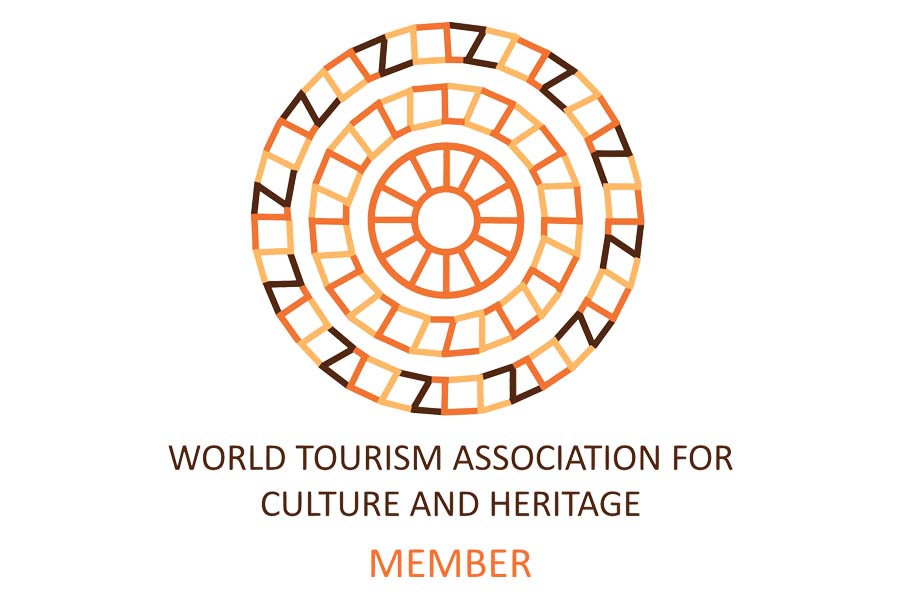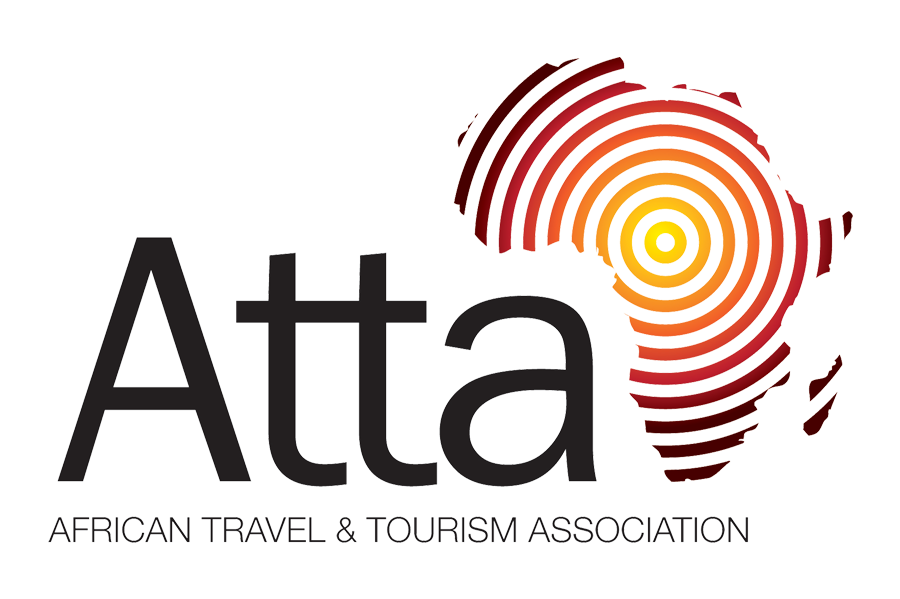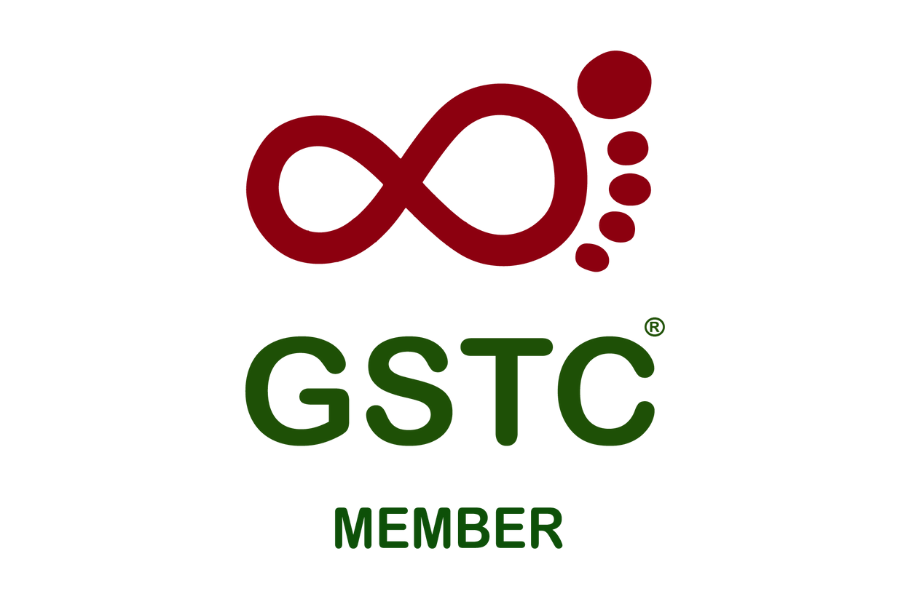

This is a feature from Issue 6 of Charitable Traveller. Click to read more from this issue.
Though the global death toll from Covid-19 has broken the four million mark – a human loss that would have been inconceivable two years ago – the pandemic isn’t solely a human tragedy. The impact on African wildlife might even be greater.
“Some areas have lost 80% of their wildlife,” says Dereck Joubert CEO and co-founder of Great Plains, which runs luxury safaris in the continent as well as financing much-needed conservation work through its foundation.
The cause of this devastation is not the virus itself, but the human consequence. Joubert talks of the first wave of the pandemic when luxury wildlife safaris – and their much needed revenue – disappeared. This transformed into a second wave when trans-national poaching ran amok.
“The wilds of Africa were left unattended by tourists, and by rangers who had to stay at home,” he explains. And with the plains left deserted by man, the poachers had a free hand.
“At the very start of the pandemic, in 2020, I looked around at what could happen, how bad it might get and took some immediate actions,” Joubert says. “Knowing that tourism would collapse and that the impact on conservation would be devastating, I quickly deployed our own guides and drivers to monitoring work at Great Plains, but then saw that left and right of us everyone was in panic and cutting back on staff everywhere.”
Joubert’s solution was to establish Project Ranger, to fund rangers to patrol areas where Great Plains was not operating. According to Joubert, it costs roughly $500 a month to keep one ranger in the field.
“In just over a year we have managed to raise slightly over $1 million and distribute to nearly 200 rangers across nine countries,” he says. “So far it’s been very effective and we are very efficient in getting donations in and out within a week, so it is really an emergency fund.”
Joubert is not alone. On June 23, UK conservation charity, How Many Elephants launched World Female Ranger Day to celebrate and support the magnificent efforts by female rangers to combat poaching in Africa. Whilst July 31 marked World Ranger Day, a project supported both by Great Plains and safari specialist Expert Africa, to highlight the work by female anti-poaching rangers across the continent.
While tourism to Africa still seems a distance off, it is only through supporting these initiatives that we can help avoid a further Covid-related tragedy and protect African wildlife.
Mark Bibby Jackson is the founder of Travel Begins at 40, a website for people over 40 who want to travel responsibly and imaginatively.
This is a feature from Issue 6 of Charitable Traveller. Click to read more from this issue.



Fundraising Futures Community Interest Company, Contingent Works, Broadway Buildings,
Elmfield Road, Bromley, Kent,
BR1 1LW. England
Putting our profit to work supporting the work of charitable causes











For the latest travel advice, including security, local laws and passports, visit the Foreign & Commonwealth Office website.
© 2024 All rights reserved
Made with 
| Cookie | Duration | Description |
|---|---|---|
| AWSELB | session | Associated with Amazon Web Services and created by Elastic Load Balancing, AWSELB cookie is used to manage sticky sessions across production servers. |
| cookielawinfo-checkbox-advertisement | 1 year | Set by the GDPR Cookie Consent plugin, this cookie is used to record the user consent for the cookies in the "Advertisement" category . |
| cookielawinfo-checkbox-analytics | 11 months | This cookie is set by GDPR Cookie Consent plugin. The cookie is used to store the user consent for the cookies in the category "Analytics". |
| cookielawinfo-checkbox-functional | 11 months | The cookie is set by GDPR cookie consent to record the user consent for the cookies in the category "Functional". |
| cookielawinfo-checkbox-necessary | 11 months | This cookie is set by GDPR Cookie Consent plugin. The cookies is used to store the user consent for the cookies in the category "Necessary". |
| cookielawinfo-checkbox-others | 11 months | This cookie is set by GDPR Cookie Consent plugin. The cookie is used to store the user consent for the cookies in the category "Other. |
| cookielawinfo-checkbox-performance | 11 months | This cookie is set by GDPR Cookie Consent plugin. The cookie is used to store the user consent for the cookies in the category "Performance". |
| elementor | never | This cookie is used by the website's WordPress theme. It allows the website owner to implement or change the website's content in real-time. |
| JSESSIONID | session | Used by sites written in JSP. General purpose platform session cookies that are used to maintain users' state across page requests. |
| viewed_cookie_policy | 11 months | The cookie is set by the GDPR Cookie Consent plugin and is used to store whether or not user has consented to the use of cookies. It does not store any personal data. |
| Cookie | Duration | Description |
|---|---|---|
| __lc_cid | 2 years | This is an essential cookie for the website live chat box to function properly. |
| __lc_cst | 2 years | This cookie is used for the website live chat box to function properly. |
| __oauth_redirect_detector | past | This cookie is used to recognize the visitors using live chat at different times inorder to optimize the chat-box functionality. |
| aka_debug | session | Vimeo sets this cookie which is essential for the website to play video functionality. |
| player | 1 year | Vimeo uses this cookie to save the user's preferences when playing embedded videos from Vimeo. |
| Cookie | Duration | Description |
|---|---|---|
| AWSELBCORS | 6 minutes | This cookie is used by Elastic Load Balancing from Amazon Web Services to effectively balance load on the servers. |
| Cookie | Duration | Description |
|---|---|---|
| _ga | 2 years | The _ga cookie, installed by Google Analytics, calculates visitor, session and campaign data and also keeps track of site usage for the site's analytics report. The cookie stores information anonymously and assigns a randomly generated number to recognize unique visitors. |
| _gat_gtag_UA_164521185_1 | 1 minute | This cookie is set by Google and is used to distinguish users. |
| _gid | 1 day | Installed by Google Analytics, _gid cookie stores information on how visitors use a website, while also creating an analytics report of the website's performance. Some of the data that are collected include the number of visitors, their source, and the pages they visit anonymously. |
| _hjAbsoluteSessionInProgress | 30 minutes | No description available. |
| _hjFirstSeen | 30 minutes | This is set by Hotjar to identify a new user’s first session. It stores a true/false value, indicating whether this was the first time Hotjar saw this user. It is used by Recording filters to identify new user sessions. |
| _hjid | 1 year | This is a Hotjar cookie that is set when the customer first lands on a page using the Hotjar script. |
| _hjIncludedInPageviewSample | 2 minutes | No description available. |
| CONSENT | 16 years 3 months 16 days 17 hours 23 minutes | These cookies are set via embedded youtube-videos. They register anonymous statistical data on for example how many times the video is displayed and what settings are used for playback.No sensitive data is collected unless you log in to your google account, in that case your choices are linked with your account, for example if you click “like” on a video. |
| iutk | 5 months 27 days | This cookie is used by Issuu analytic system. The cookies is used to gather information regarding visitor activity on Issuu products. |
| vuid | 2 years | Vimeo installs this cookie to collect tracking information by setting a unique ID to embed videos to the website. |
| Cookie | Duration | Description |
|---|---|---|
| IDE | 1 year 24 days | Google DoubleClick IDE cookies are used to store information about how the user uses the website to present them with relevant ads and according to the user profile. |
| mc | 1 year 1 month | Quantserve sets the mc cookie to anonymously track user behaviour on the website. |
| NID | 6 months | NID cookie, set by Google, is used for advertising purposes; to limit the number of times the user sees an ad, to mute unwanted ads, and to measure the effectiveness of ads. |
| test_cookie | 15 minutes | The test_cookie is set by doubleclick.net and is used to determine if the user's browser supports cookies. |
| VISITOR_INFO1_LIVE | 5 months 27 days | A cookie set by YouTube to measure bandwidth that determines whether the user gets the new or old player interface. |
| YSC | session | YSC cookie is set by Youtube and is used to track the views of embedded videos on Youtube pages. |